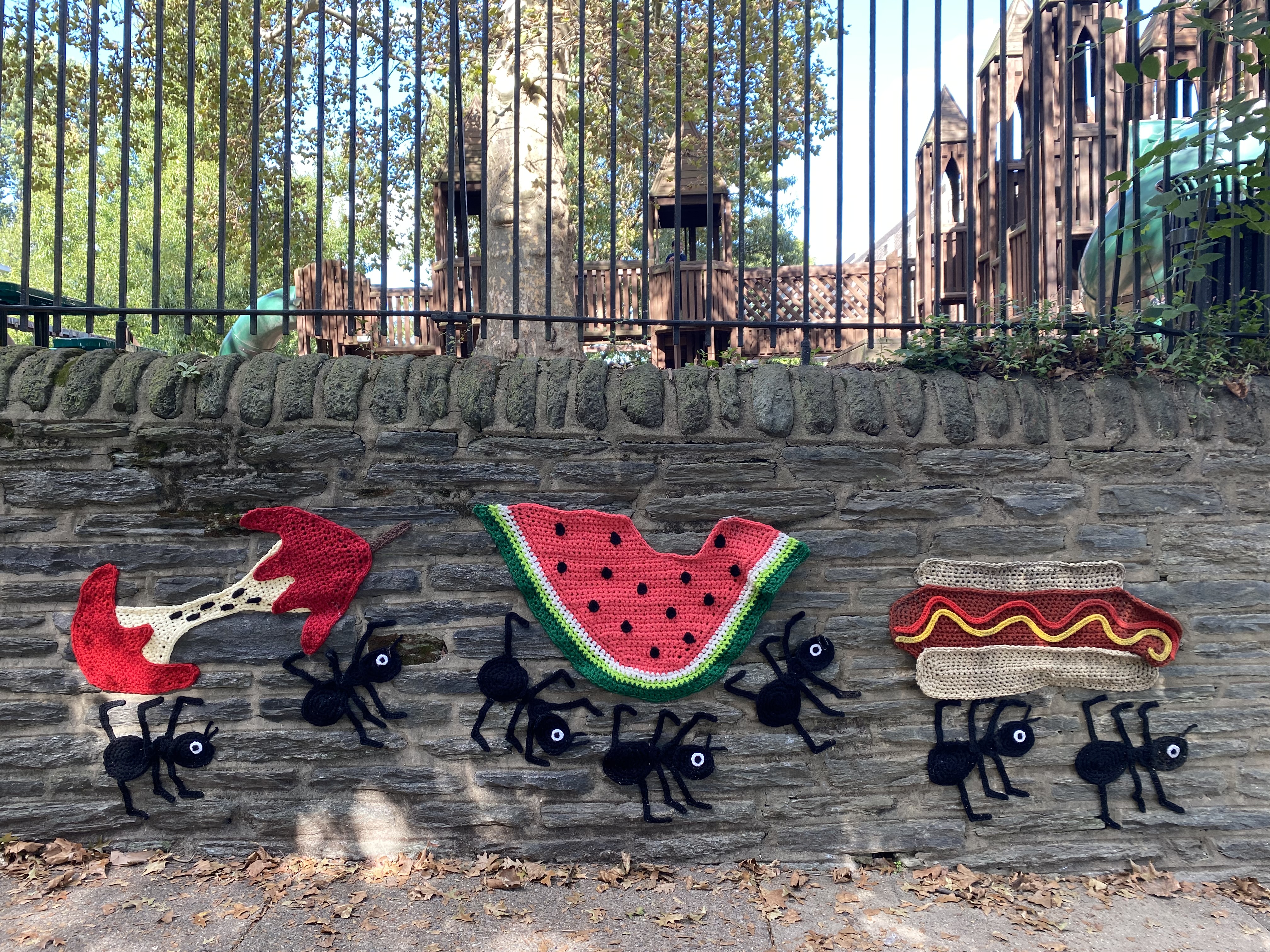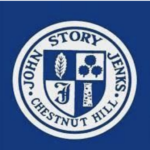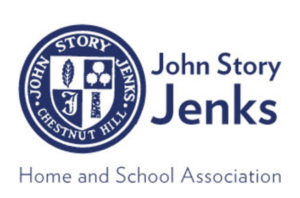
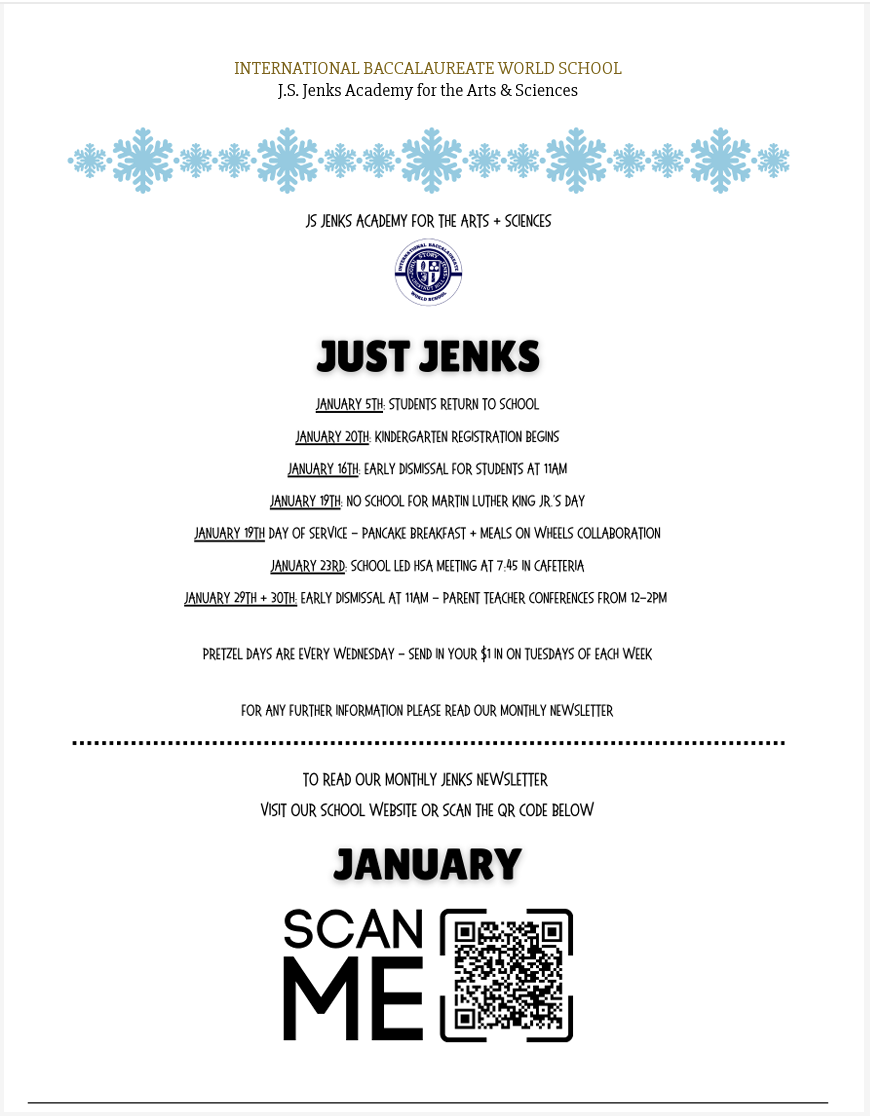 SCHOOL MISSION
SCHOOL MISSION
John Story Jenks Academy for Arts and Sciences develops caring, responsible, reflective thinkers, who are curious, open-minded, and innovative.
Our students engage in interdisciplinary educational opportunities through Science, Technology, Engineering, the Arts, and Mathematics that expand our educational experience beyond the walls of the school as global learners.
SCHOOL VISION
The vision of John Story Jenks Academy for Arts and Sciences is to develop student innovation, inquiry, reflection, and positive action while promoting student agency, compassion, advocacy, and responsiveness to the needs of the community and the world.
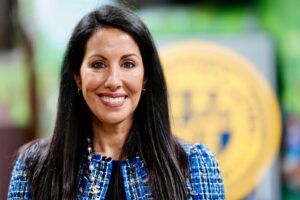
MESSAGE FROM THE PRINCIPAL
Welcome to the 2025-2026 school year at John Story Jenks Academy for the Arts and Sciences! We’re absolutely thrilled to begin this year with two momentous achievements: our official authorization as an IB World School and our induction into the prestigious Blue Ribbon Schools of Excellence!
Becoming an IB World School is the culmination of our dedicated efforts and marks a truly exciting new chapter for Jenks Academy. Our students and teachers will be immersed in an inquiry-based, student-centered educational framework, with responsible action at its core. The IB framework provides authentic, conceptual inquiry-based learning that’s engaging, significant, challenging, and directly relevant to real-world global mindsets. Rooted in constructivist and social-constructivist learning theories, IB emphasizes collaborative inquiry and integrative learning, honoring the curiosity, voice, and contributions of every student.
These recognitions underscore our unwavering commitment to providing a supportive environment where every member of our community can flourish. Here at Jenks, we embody the core values of our mission and vision as caring, responsible, and reflective practitioners. Our staff continuously engages in professional learning to intellectually prepare rigorous academic practices while prioritizing equity and the well-being of our children. Together, we’ll ensure that our students receive the love, guidance, and support they need to prosper and succeed.
Jenks School thrives “beyond the walls of the school” thanks to the strong partnerships that support us. We’re incredibly thankful for the commitment of our Home and School Association and the committees they support, including JDOD, JMOMs, and Friends of Jenks, alongside the Chestnut Hill community organizations that help our school grow. We do this work for our students, united together, to make their tomorrow even better than today! Join us in our mission to support our neighborhood school in Chestnut Hill. If you haven’t already, we invite all families to become members of our Home and School Association. Join us! Please read our Welcome Back Letter here!
You can also find our monthly principal newsletters here.
Yours in Partnership,
Corinne Scioli, Principal
Corinne Scioli, Principal
Jenks Academy for the Arts and Sciences
8301 Germantown Ave Philadelphia, PA 19118
215-400-3360
[/vc_column_text][/vc_column][/vc_row]
